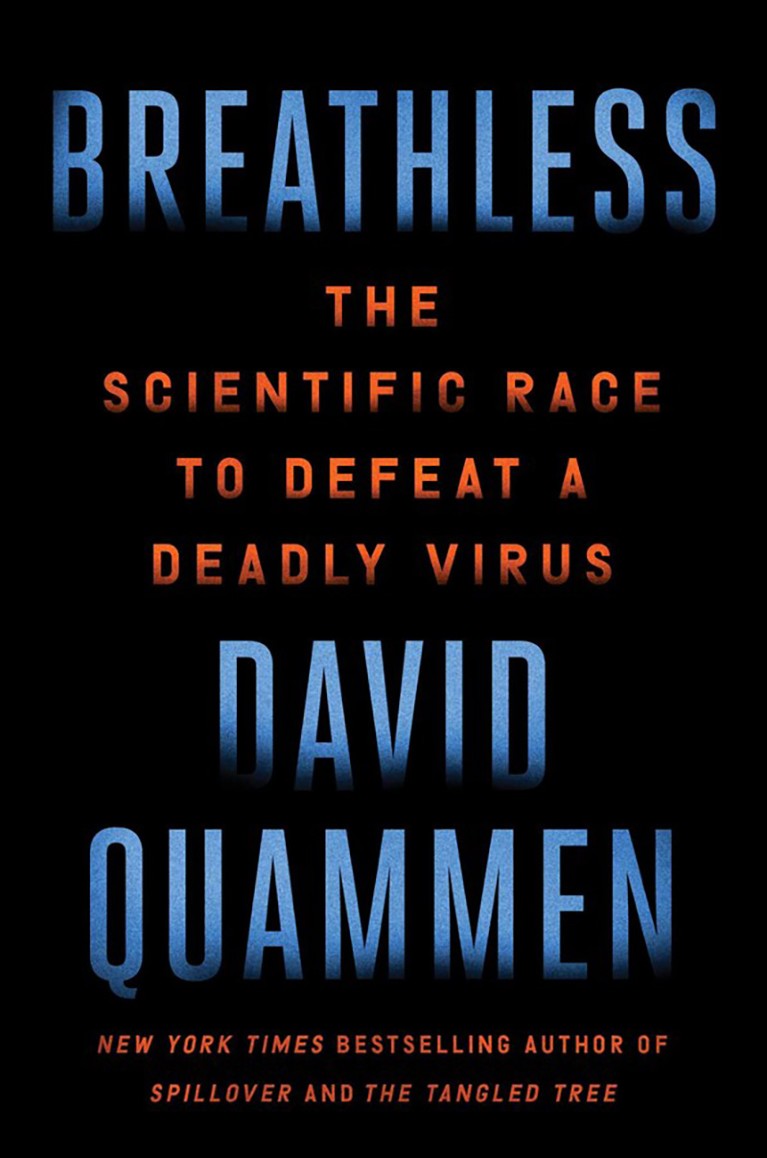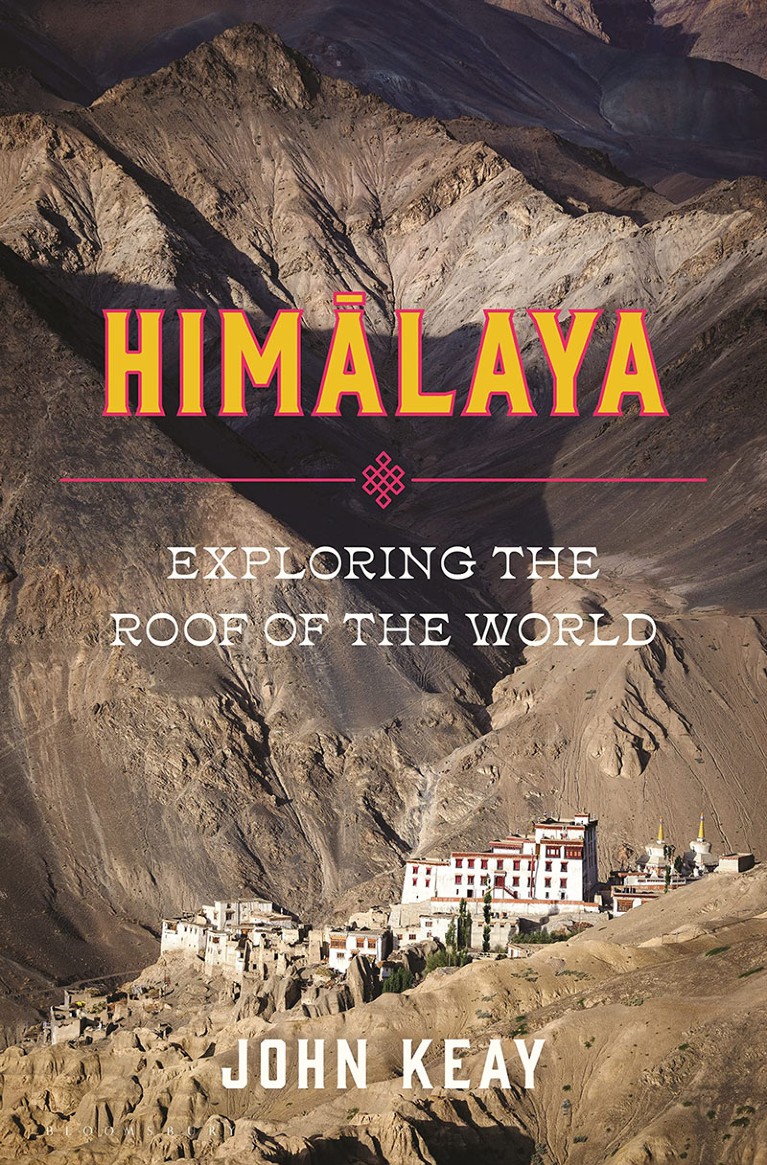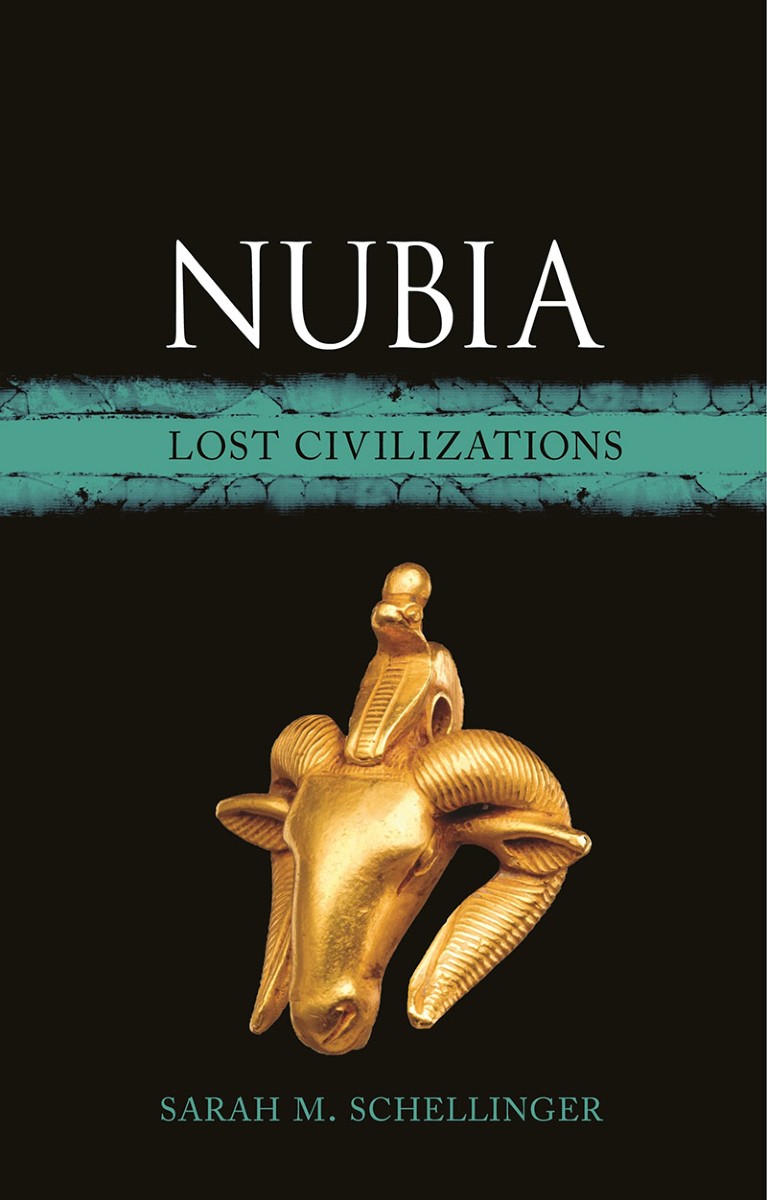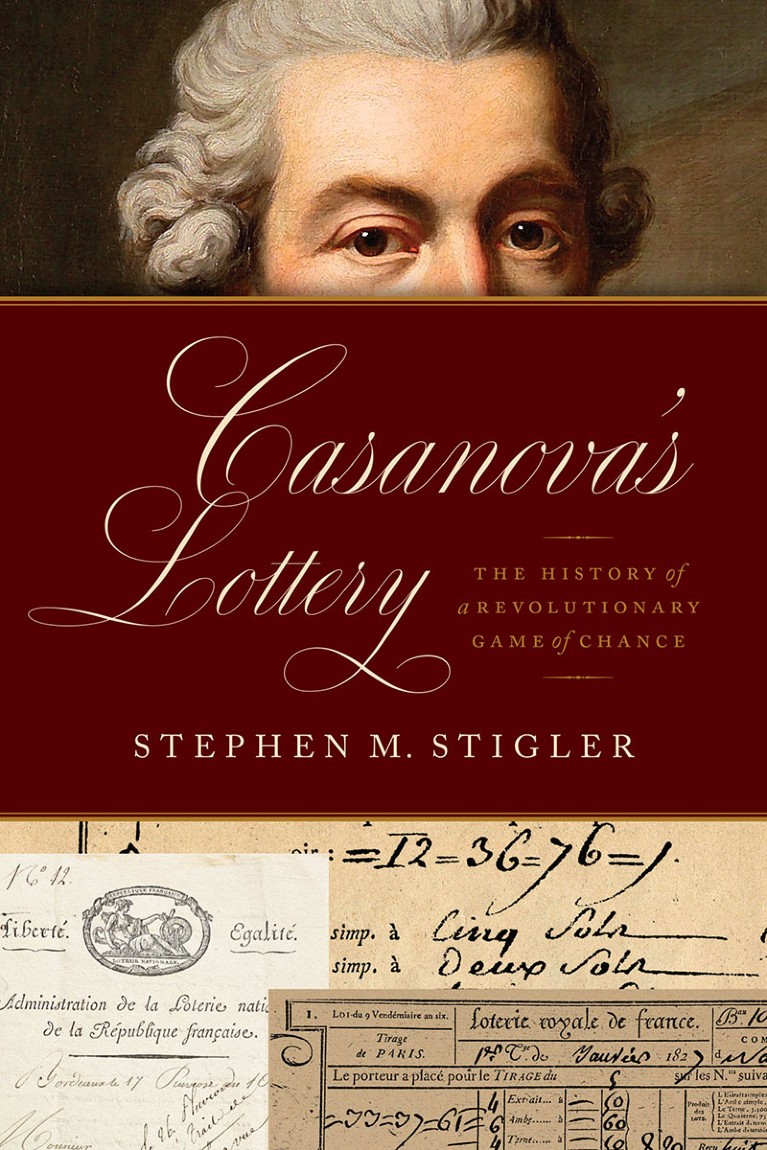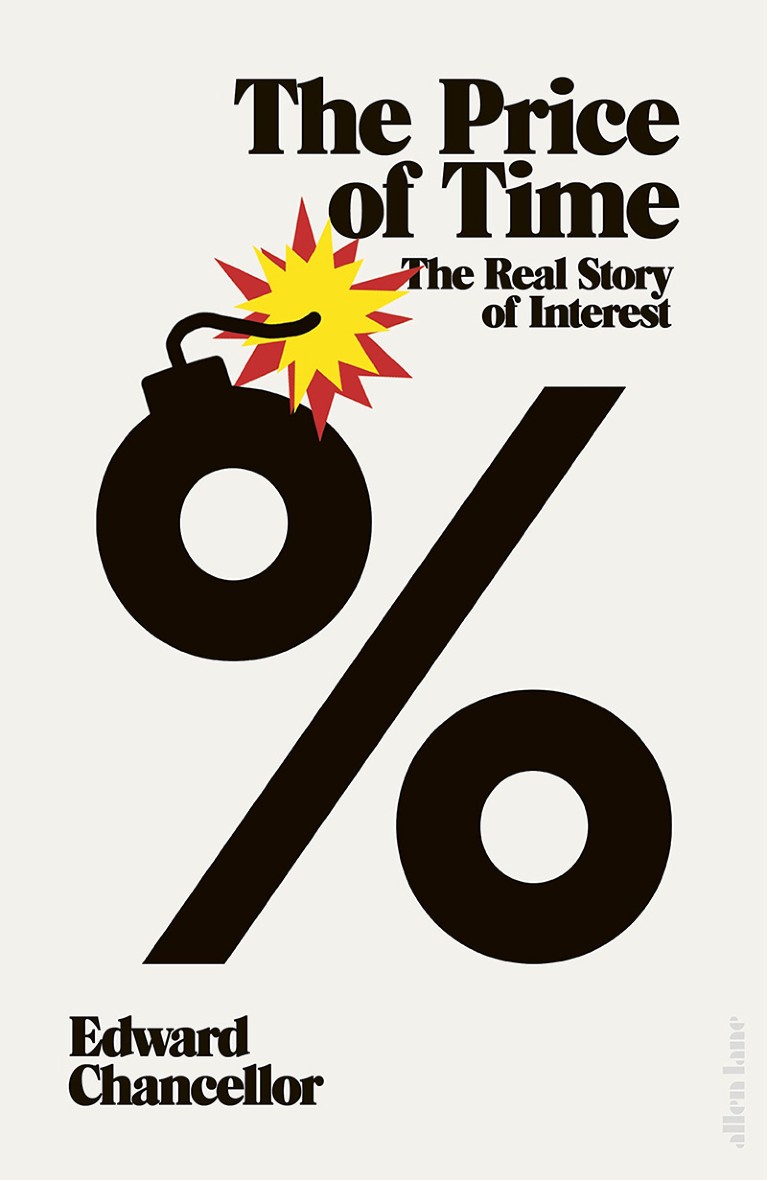Breathless
David Quammen Simon & Schuster (2022)
“There are many more fearsome viruses where SARS-CoV-2 came from, wherever that was,” concludes science, nature and travel writer David Quammen. He foresees worse pandemics this century. His engrossing, at times breathless, scientific narrative of the COVID-19 pandemic involves interviews with almost 100 virologists and other scientists, in China and elsewhere. Some had spent more than two decades predicting a global outbreak caused by a new virus, but were ignored because of politics or for economic reasons.
Himalaya
John Keay Bloomsbury Circus (2022)
Historian John Keay has written passionately about the Himalayas since his first book in the 1970s. His latest embraces archaeology, ethnology, geology and palaeontology, along with imperialism, mysticism and mountaineering. The synthesis is always engaging but sometimes, as Keay admits, “as disjointed as the Himalayan skyline”. This “orogenous zone” — a region characterized by mountain building — is now, of course, threatened by global warming, but its militarized history will complicate any attempts to rescue it.
Nubia
Sarah M. Schellinger Reaktion (2022)
The River Nile flows in two great bends through Sudan, forming six cataracts from Khartoum to Lake Nasser on the Egyptian border. The ancient history of this vast area, known to archaeologists as Nubia, is the complex subject of art historian Sarah Schellinger’s wide-ranging addition to the series Lost Civilizations. She brings Nubia “out of the shadow of Egypt” and reveals it as an ancient world power, entangled with Egyptian culture as “frenemies” for three millennia. Nubians even ruled Egypt from roughly 712 to 664 bc.
Casanova’s Lottery
Stephen M. Stigler Univ. Chicago Press (2022)
In 1758, the French state launched an unusual lottery suggested by famed Italian gambler Giacomo Casanova. It lasted until 1836, with a three-year gap during the French Revolution, providing 4% of national income at its peak. However, every time it was drawn, the state was at risk of losing a large amount, with “little more than a mathematical theory to protect it”, writes statistician Stephen Stigler as he tells the lottery’s story for the first time. The scheme was eventually suppressed for moral, cultural and economic reasons.
The Price of Time
Edward Chancellor Allen Lane (2022)
In 1748, statesman and scientist Benjamin Franklin remarked: “Time is money — time is the stuff of which life is made.” Investment strategist turned financial historian and journalist Edward Chancellor reflects on this remark’s implications by tracing the history of financial interest from its ancient Mesopotamian origins to this century’s global credit booms. His well-informed, readable, topical account reminds us that very low interest rates often benefit rich people, who have access to credit, more than poor people.
Competing Interests
The author declares no competing interests.


